Articles
-
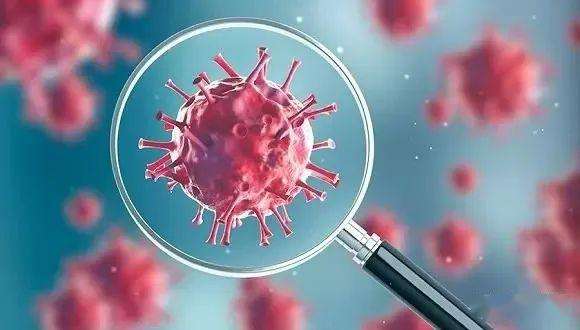
Application of D-dimer in COVID-19
Fibrin monomers in blood are cross-linked by activated factor X III, and then hydrolyzed by activated plasmin to produce a specific degradation product called "fibrin degradation product (FDP)." D-Dimer is the simplest FDP, and the increase in its mass concentration refl...Read more -
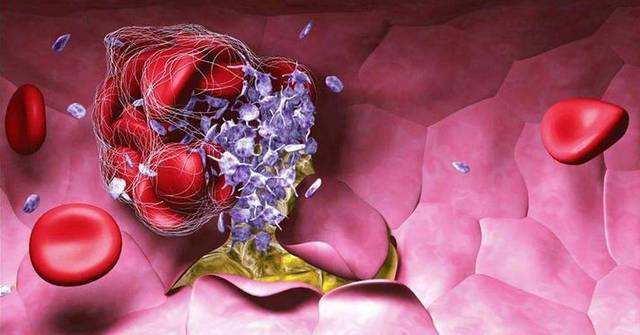
The Clinical Significance of D-dimer Coagulation Test
D-dimer is usually used as one of the important suspected indicators of PTE and DVT in clinical practice. How did it come about? Plasma D-dimer is a specific degradation product produced by plasmin hydrolysis after fibrin monomer is cross-linked by activating factor XIII...Read more -
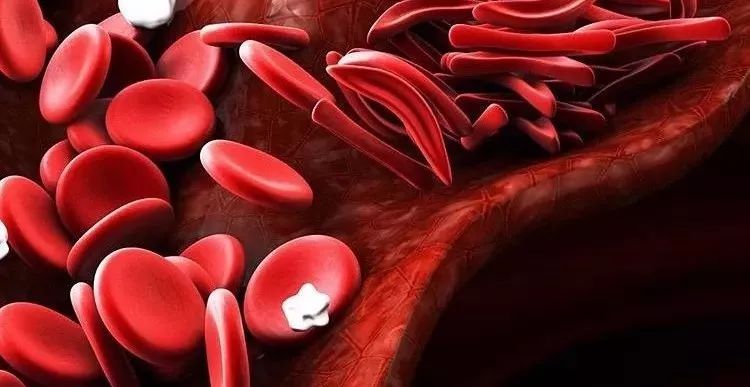
How To Prevent Blood Clotting?
Under normal conditions, blood flow in arteries and veins is constant. When blood clots in a blood vessel, it is called a thrombus. Therefore, blood clots can occur in both arteries and veins. Arterial thrombosis can lead to myocardial infarction, stroke, etc. Ven...Read more -
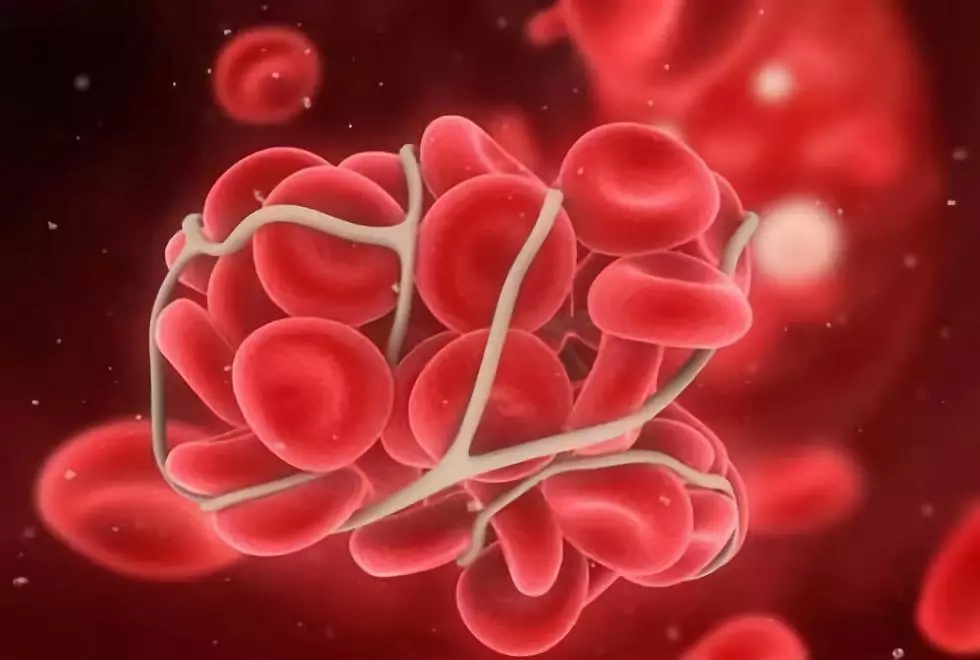
What Are The Symptoms Of Coagulation Dysfunction?
Some people who carry Leiden's fifth factor may not know it. If there are any signs, the first is usually a blood clot in a certain part of the body. . Depending on the location of the blood clot, it can be very mild or life-threatening. Thrombosis symptoms include: •Pai...Read more -

The Clinical Significance Of Coagulation
1. Prothrombin Time (PT) It mainly reflects the condition of the exogenous coagulation system, in which INR is often used to monitor oral anticoagulants. PT is an important indicator for the diagnosis of prethrombotic state, DIC and liver disease. It is used as a screeni...Read more -
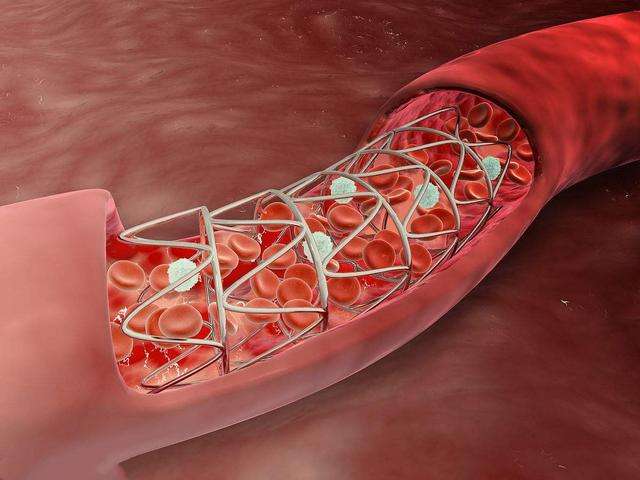
The Cause Of Coagulation Dysfunction
Blood coagulation is a normal protective mechanism in the body. If a local injury occurs, coagulation factors will quickly accumulate at this time, causing the blood to coagulate into a jelly-like blood clot and avoid excessive blood loss. If coagulation dysfunction, it ...Read more








 Business card
Business card Chinese WeChat
Chinese WeChat English WeChat
English WeChat